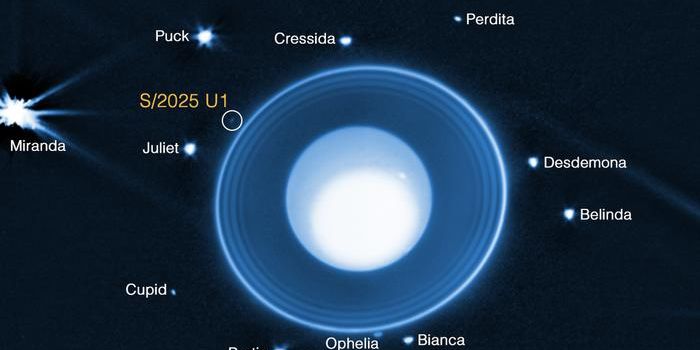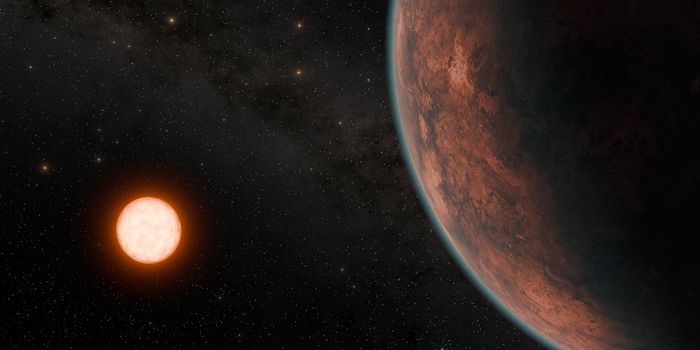Exploring the Universe's Expansion: Diverse Researchers Create Innovative Technology
The U.S. Department of Energy (DOE) recently awarded a three-year, $589,000 research grant to the DOE’s Argonne National Laboratory and the Missouri University of Science & Technology (Missouri S&T) to examine the mysterious substance known as dark energy, which scientists hypothesize is responsible for the accelerated expansion of the universe. The focus of this project will be developing computer simulation foundation for mapping types of galaxies known as emission line galaxies.
“In the last decade, we have seen a lot of progress in measuring the nearby universe,” said Dr. Shun Saito, who is an assistant professor of physics at Missouri S&T and the project lead. “Now we want to locate more distant galaxies to fully map out the evolution of cosmological expansion.”
For the project, Dr. Saito will be collaborating with Dr. Andrew Hearin, who is a physicist at Argonne, and who will be using Argonne’s Laboratory Computing Research Center to carry out the project. This project is funded through the DOE’s Funding for Accelerated, Inclusive Research (FAIR) initiative and mirrors the DOE-funded Dark Energy Spectroscopic Instrument (DESI), the latter of which whose purpose is to map the emission lines of galaxies with the goal of measuring the direction of the universe’s expansion.
“You really need supercomputing resources to be able to make predictions for galaxies in the large volumes we are simulating,” said Dr. Hearin. “Our modeling approach has been designed from the ground up to do exactly that.”
This team-up continues a longtime partnership between the two scientists who have spearheaded previous endeavors for expanding inclusivity for the high energy particle physics research community. For example, the two researchers founded the Midwest Cosmology Network in 2019 to offer avenues of collaboration between small and secluded cosmology groups across academia.
Dr. Shun Saito from MIssouri S&T (left) and Dr. Andrew Hearin from Argonne (right) are partnering on an inclusive research project with the goal of gaining insights into the expansion of the universe. (Credit: Argonne National Laboratory)
For both the current and other 52 DOE-funded projects, the data will be open-source to offer inclusivity to other researchers interested in this and similar projects.
“People working on understanding galaxies can use the catalogs generated by this project,” said Dr. Saito.
What will this project teach scientists about the expansion of the universe? Only time will tell, and this is why we science!
As always, keep doing science & keep looking up!
Sources: EurekAlert!, ScienceDirect, Argonne National Laboratory, DESI, U.S. Department of Energy









